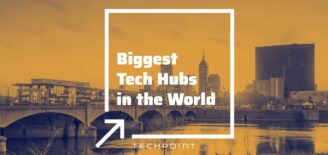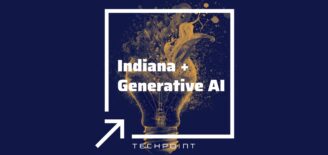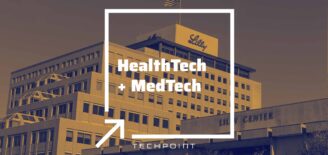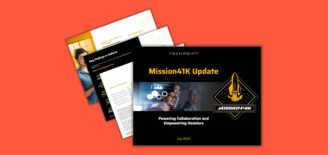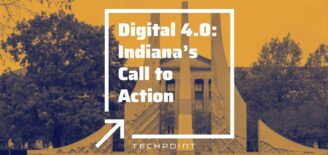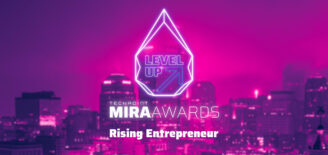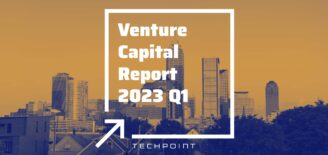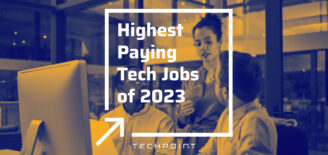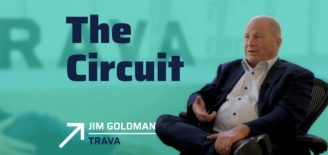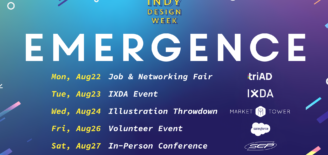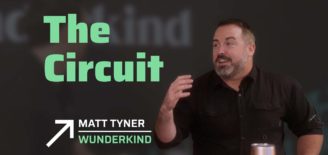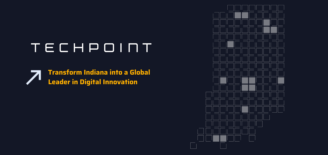Why all businesses should pay attention to Big Data
Luke Zhang is a full-time Data Scientist/Machine Learning Engineer at Indianapolis-based startup DemandJump. He graduated from Rose-Hulman Institute of Technology with a triple major 2 years ago and is a recent graduate of the Indy Tech Fellowship Class of 2017. He’s also in the process of earning his Master of Computer Science degree from Georgia Tech, anticipating that he will finish in 2 years.
This article is adapted from a recent talk Zhang delivered, entitled “It’s in the Data.” The video is included below.
So, Big Data. What is Big Data?
Wikipedia says Big Data is a field that treats ways to analyze, systematically extract information from, or otherwise deal with data sets that are too large or complex to be dealt with by traditional data-processing application software.
To me, Big Data means the data is big. You might ask, how big is it?
Let’s look at some cool visualizations.

The graphic above shows what happened in an internet minute in 2018. You can see 18 million text messages were generated in 60 seconds and $862,000 goes into online shopping. And most importantly, 1.1 million swipes on Tinder. Some people are trying really hard to find true love.
Now that we’ve looked at the data per minute, let’s see the overall data.
We have 2.5 quintillion bytes of data created each day, and this number is still going up. Ninety percent of data in the world was generated in the past two years. That means we are getting more and more data at a faster and faster pace. 49.3 percent of the total global population uses the internet. And we are getting more and more smart devices to make us more connected than ever before.
After seeing all the crazy numbers, some of your might say, “I don’t work in tech, I don’t care about the data.”
Well, you should care, because data matters to everyone. Here’s why.
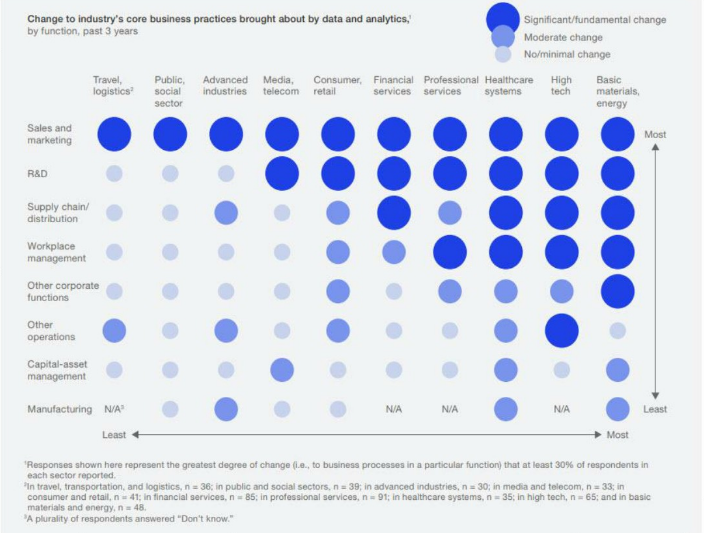
This is a photo of how data is bringing changes to different industries. The first column represents industry, and the rows represent the department. The bigger and brighter the dot is, the more significant impact data brings.
There are so many ways that we all benefit from data. Let’s briefly discuss how you can utilize data to help your career or business.
First of all, utilize the power of Google. We are addicted to Google because we Google everything, as you can see in this graph:
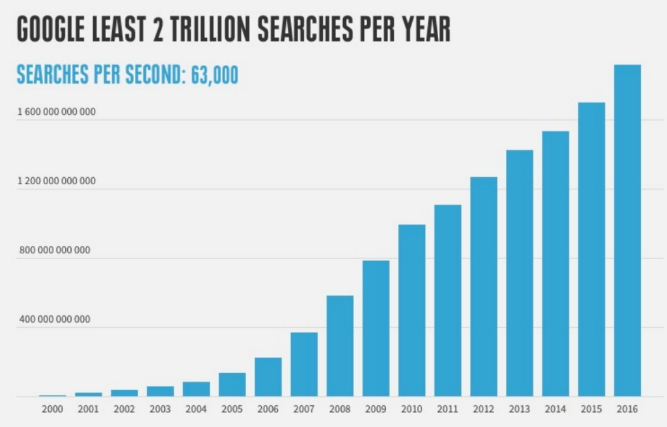
If you are a content creator, marketer or artist: go figure out the related Google Search trends and analyze social media data so you can produce the right content for the right people.
If you work in sales: go collect your old phone calls, emails, and text messages. Use natural language processing and voice recognition. That way, you can use the right pitch or keywords to find the right target audience.
If you own a retail business that sells products: go analyze all the sold products and build a product recommendation system around it. That is exactly what Amazon and Netflix did, and look at how happy we are as consumers.
If you wanna win the Powerball: go analyze the past winning numbers. Do crazy math. And share that finding with me, please. I’m joking, don’t do that. I don’t think that helps.
Analyze data from the past, discover gaps and opportunities, and then optimize your solution, product or plan. Let data lead your way.


